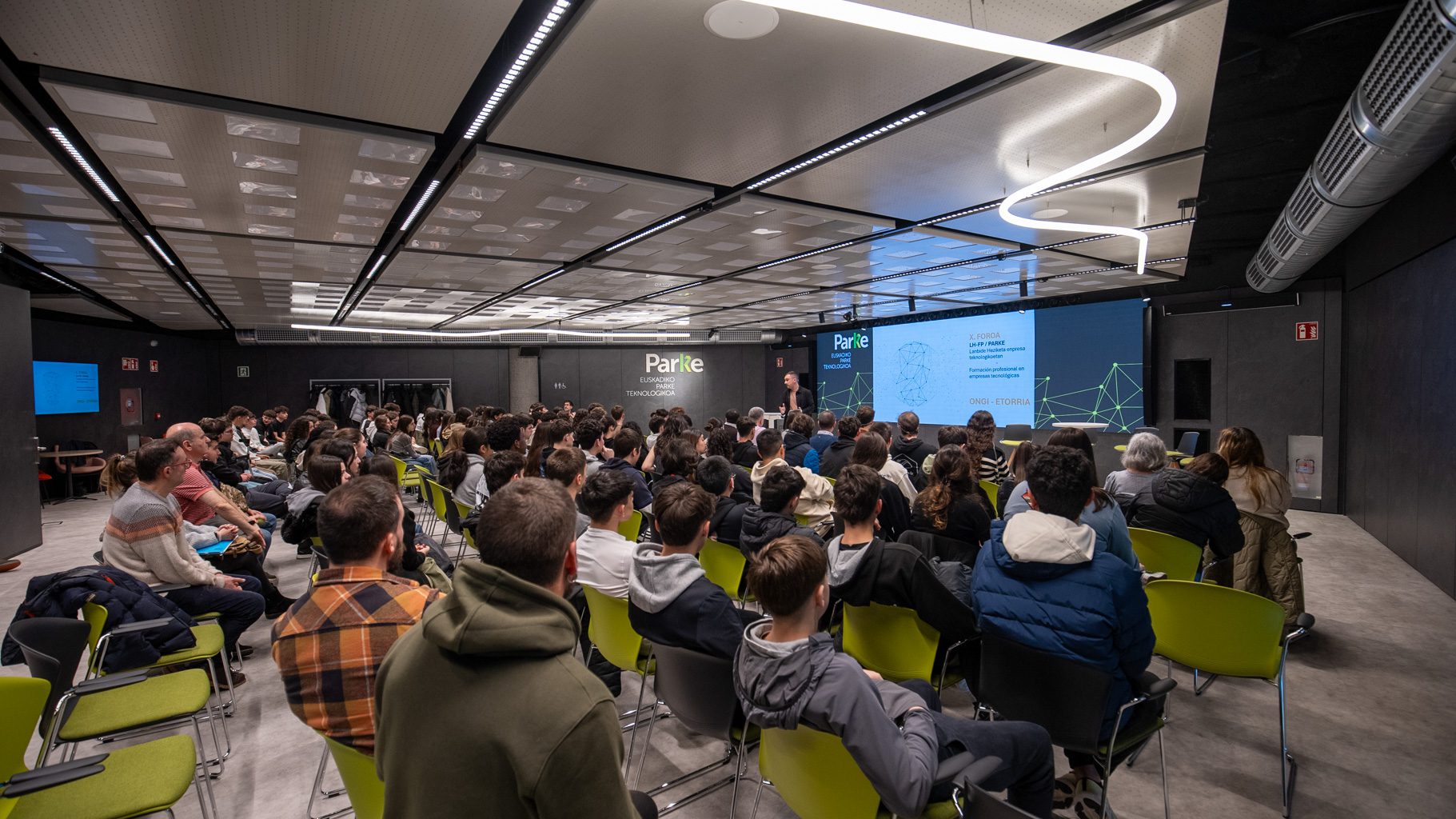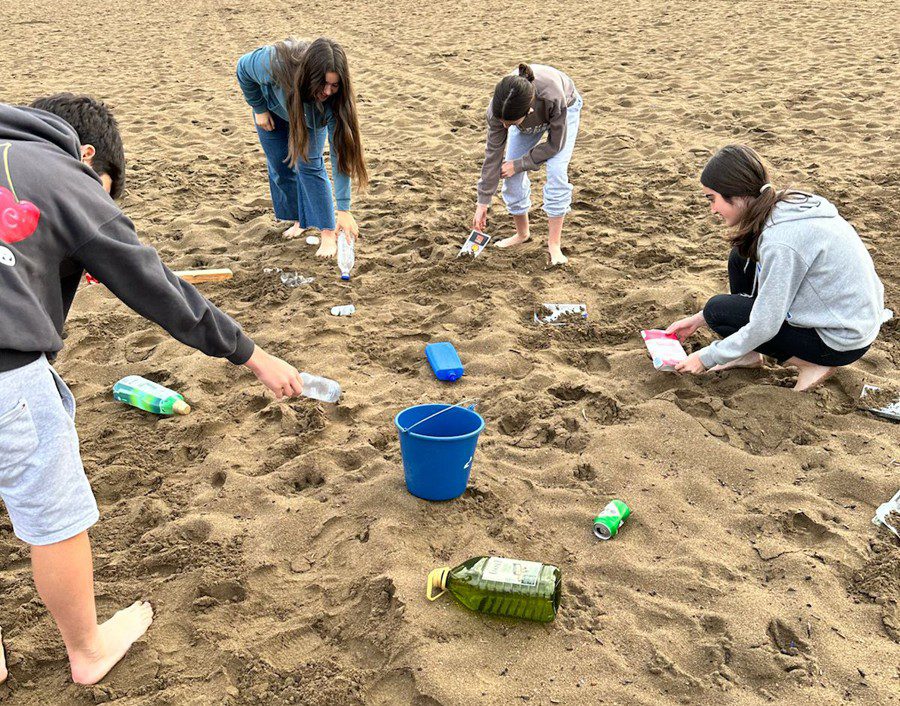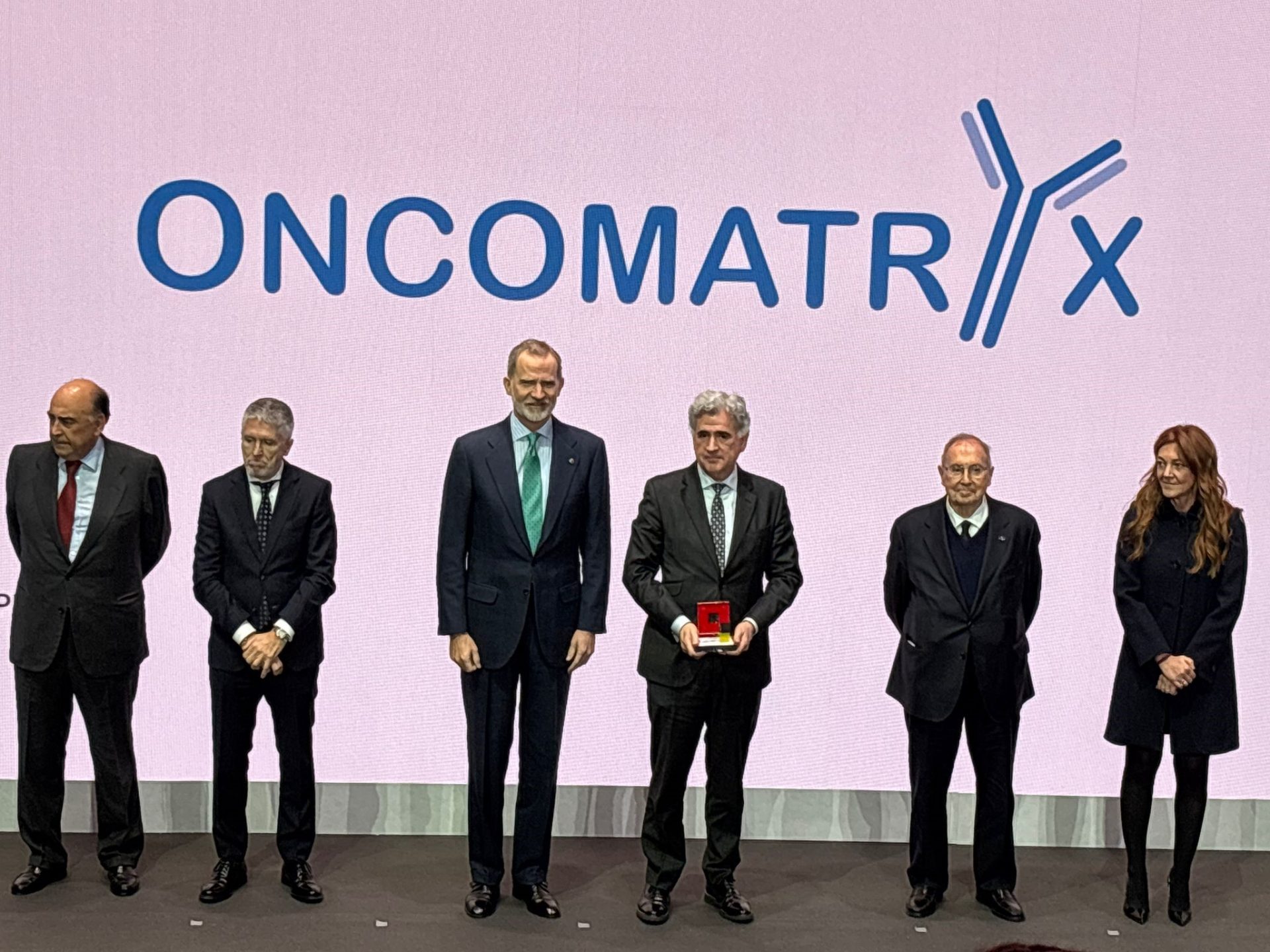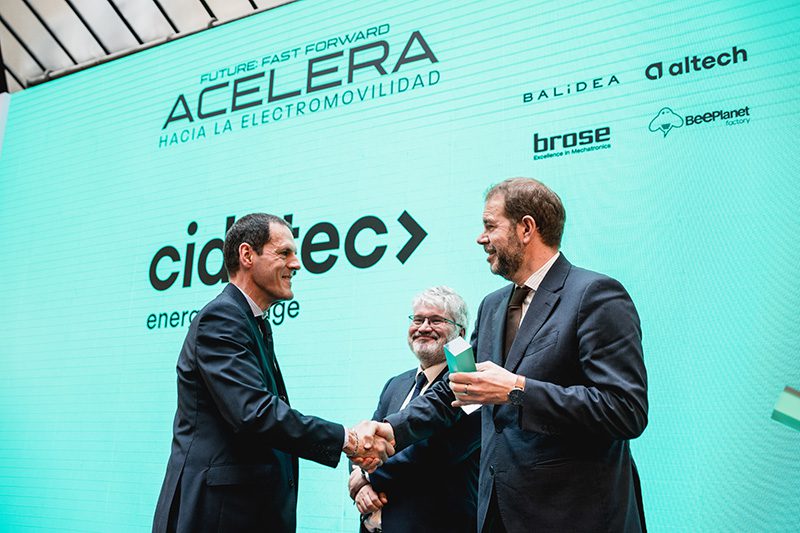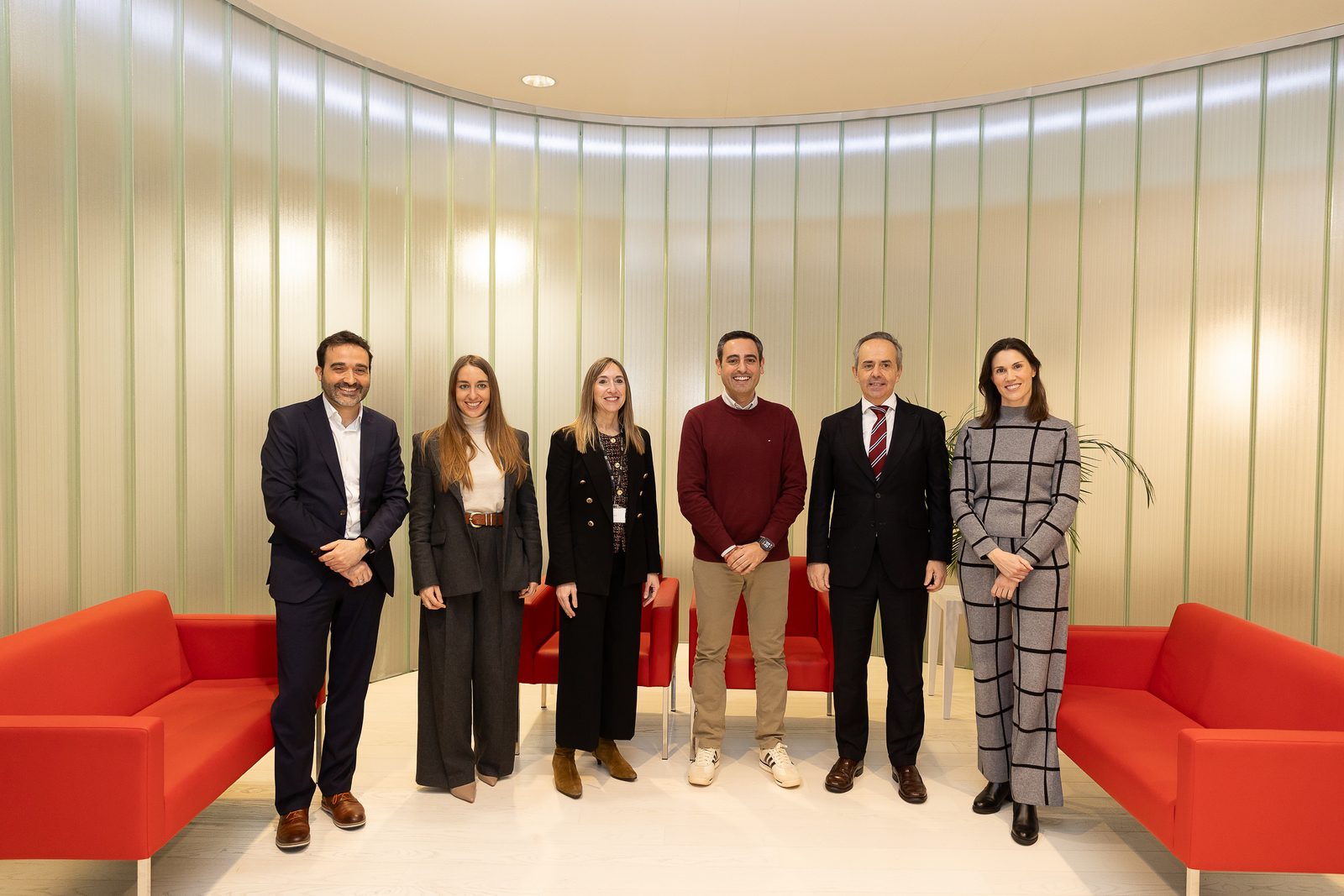Virtual reality applications made in the Basque Country to promote the autonomy of people with Intellectual Disability
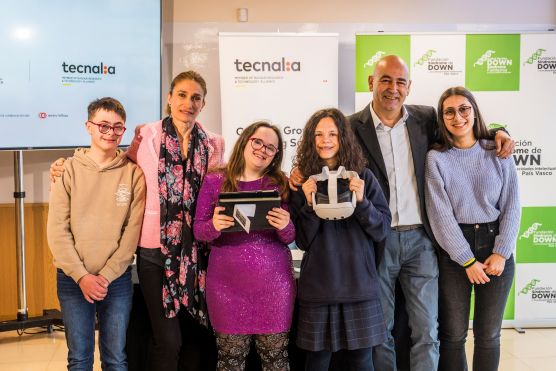
The Down Syndrome and other Intellectual Disabilities Foundation of the Basque Country collaborates with TECNALIA to implement technological tools that help people with intellectual and/or developmental disabilities to try out everyday tasks in a safe environment, in order to learn how to cope with any setbacks that may arise.
To this end, they have developed experiences that, using virtual reality glasses and mobile devices, simulate everyday experiences such as travelling on the metro or doing the washing machine.
Unforeseen events in everyday tasks are among the main causes of insecurity and disorientation in people with intellectual disabilities. For this reason, the Down’s Syndrome and other Intellectual Disabilities Foundation of the Basque Country (FSDPV) has developed, together with the technological research and development centre TECNALIA, applications based on virtual reality and augmented reality technology, which help people with intellectual disabilities and/or developmental disabilities to train their problem-solving skills for everyday tasks in a safe, controllable and repeatable environment. These are applications that, using virtual reality glasses and mobile devices, simulate everyday experiences, such as travelling on the metro or doing the washing machine.
The FSDPV has incorporated these experiences into its training plan to promote the autonomy of people with intellectual and/or developmental disabilities and help them to resolve unforeseen events that cause them disorientation, insecurity or blockage in different contexts, both public and private. The FSDPV currently has a team of 92 professionals and 85 volunteers who support 650 people with intellectual and/or developmental disabilities and 1,370 family members. In addition to TECNALIA, the Association for the Promotion of Social Technology APTES has collaborated in this initiative, as a benchmark in hybridisation projects between technology and the social sphere, and MetroBilbao, as a facilitator of the virtual reality experience on how to make a metro journey.
‘I travel by Metro’ and “My washing machine”
The FSDPV and TECNALIA have developed three applications to date. The first of these is a virtual reality experience called ‘Viajo en Metro’ (I travel by Metro), in collaboration with Metro Bilbao. It narrates in first person the journey from the Down’s Syndrome Foundation of the Basque Country’s facilities to the Casco Viejo metro stop and the metro journey itself to the Moyúa stop, and vice versa. Using virtual reality glasses, the person is accompanied by a support figure who will give them instructions on how to act along the journey: how to cross the street, how to take the lift to access the metro, how to go through the ticket machines, how to get into the carriage, how to recharge the Barik card to gain access, or how to pay attention to the different messages that can be heard over the metro public address system. In addition, the experience has introduced different unforeseen events that may occur on the journey to guide the person when asking for help and to show them how to act in the event of breakdowns or delays on the metro, so that they can know how to deal with them and find the best solution, depending on the case.
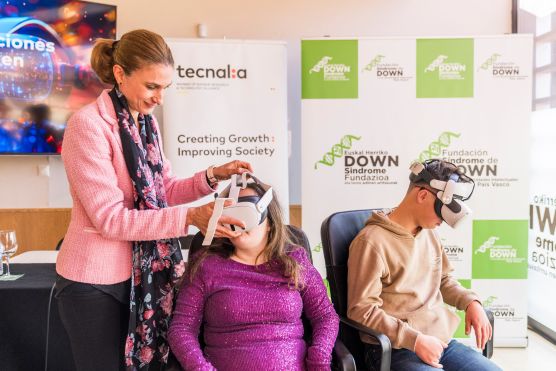
The second of the experiences, called ‘My washing machine’, uses virtual reality to show the process of doing the laundry, from sorting the clothes to the end of the washing process. Guided virtually by a support figure, the person learns how to treat stains, pour the detergent and fabric softener in the right place in the washing drawer and how to select the right programme. This experience has also introduced different unforeseen events that can happen when operating the washing machine, such as malfunctions or a leak, so that the person can learn how to deal with them. This experience is going to be included in the planning of training actions for autonomy, framed in the Etxeratu programme. The FSDPV’s Etxeratu programme has two homes where people with intellectual and/or developmental disabilities live independently with support.
The FSDPV and TECNALIA have developed a third application, also focused on the experience of putting the washing machine on, but this time the person is guided with the help of augmented reality. Using mobile devices, such as tablets or mobile phones, this application provides interactive help during the tasks necessary to put the washing machine on, explaining the process step by step, supporting the virtual reality experience previously worked on.
This technology is based on TECNALIA’s own development, a platform called Kayrox, which allows non-experts to create immersive augmented reality and virtual reality applications. TECNALIA has provided training on the use of Kayrox to the professionals of the FSDPV so that in the future they can autonomously expand the library of experiences based on augmented reality and virtual reality and thus provide help to people with intellectual and/or developmental disabilities in other everyday areas.
Thus, from now on, the FSDPV will continue with the adaptation of these tools, as well as the development of new experiences that allow them to recreate new situations to expand the possibilities of support for people with intellectual and/or developmental disabilities. To make this possible, TECNALIA has supported the FSDPV in the acquisition of virtual reality glasses, a 360 camera for recording virtual experiences, as well as the licence to use the Kayrox platform.
Valuations
Oscar Seoane Icaran, managing director of the FSDPV explained that ‘participating in this project has been a very positive and enriching experience. Having access to and using tools of this type facilitates the learning of skills for autonomy in controlled and safe environments. They allow our users to face situations prior to real situations, thus reducing uncertainty and the need to ask for help from the support professional and having a positive impact on their self-esteem’.
In her opinion, in addition, the use of new technologies allows the intervention to be perceived in a playful and motivating way. ‘Thanks to the Kayrox platform at the FSDPV we will be able to carry out new immersive experiences of virtual and augmented reality, giving a more specific and personalised response to the training and support needs of people with intellectual and/or developmental disabilities’, he added.
For her part, Ana Moya from TECNALIA, said that ‘this is one of the most special collaborations we have done and we are very excited to make technology a tool to help people, especially those who need it most, which should always be their first objective and it certainly is for TECNALIA. We have the key to do our bit to improve people’s quality of life, because new technologies open up new ways for us to adapt to a world in constant change and with people with very different needs. It has been an experience that the whole team has enjoyed very much, and which motivates us to continue working along these lines and to promote the social impact of each initiative we carry out’.
About the Down Syndrome Foundation of the Basque Country (FSDPV)
The FSDPV is a private, non-profit organisation of public utility and social interest, which began its trajectory 35 years ago. It is currently a benchmark in accompanying people with intellectual and/or developmental disabilities and their families throughout their life cycle. It develops its activity with users and families in the Basque Country.
Its mission is to improve the quality of life of people with intellectual and/or developmental disabilities and their families. Within the framework of the ‘Universal Declaration of Human Rights’, it is committed to a person-centred intervention model, developing effective, sustainable and innovative personalised programmes, with the aim of promoting the inclusion, autonomy and independent living of people with intellectual and/or developmental disabilities. All this generates a real impact on society, the FSDPV offers quality support that enables full inclusion and social participation as people with full rights.
